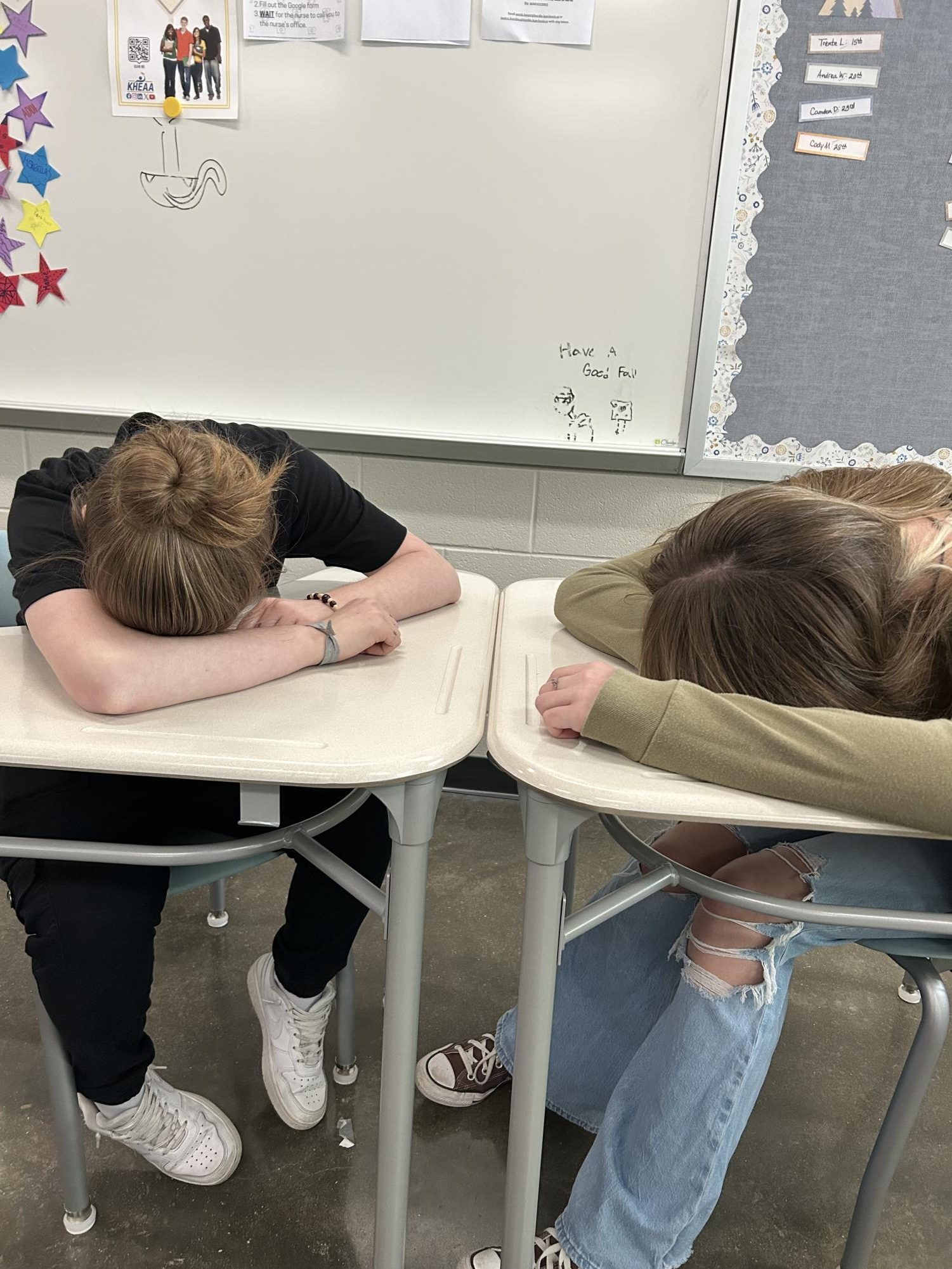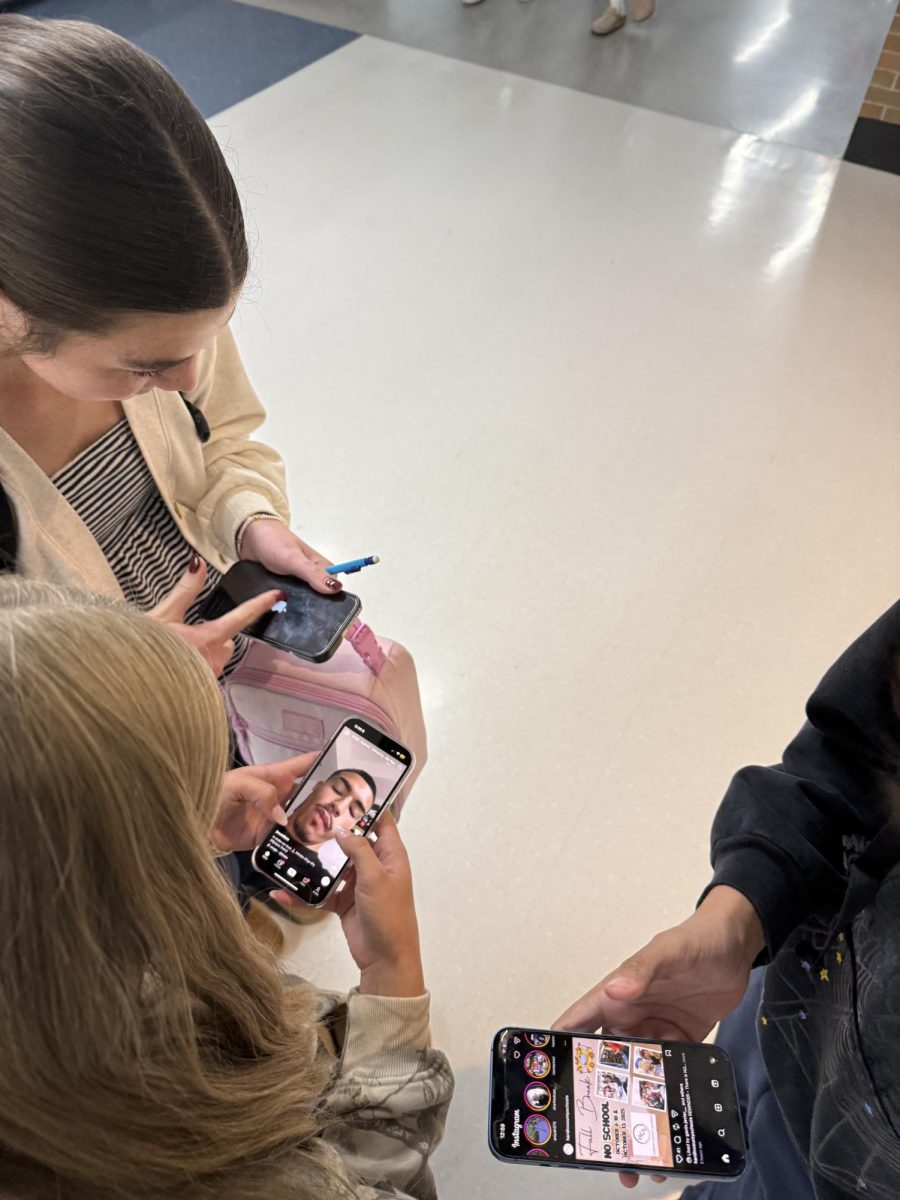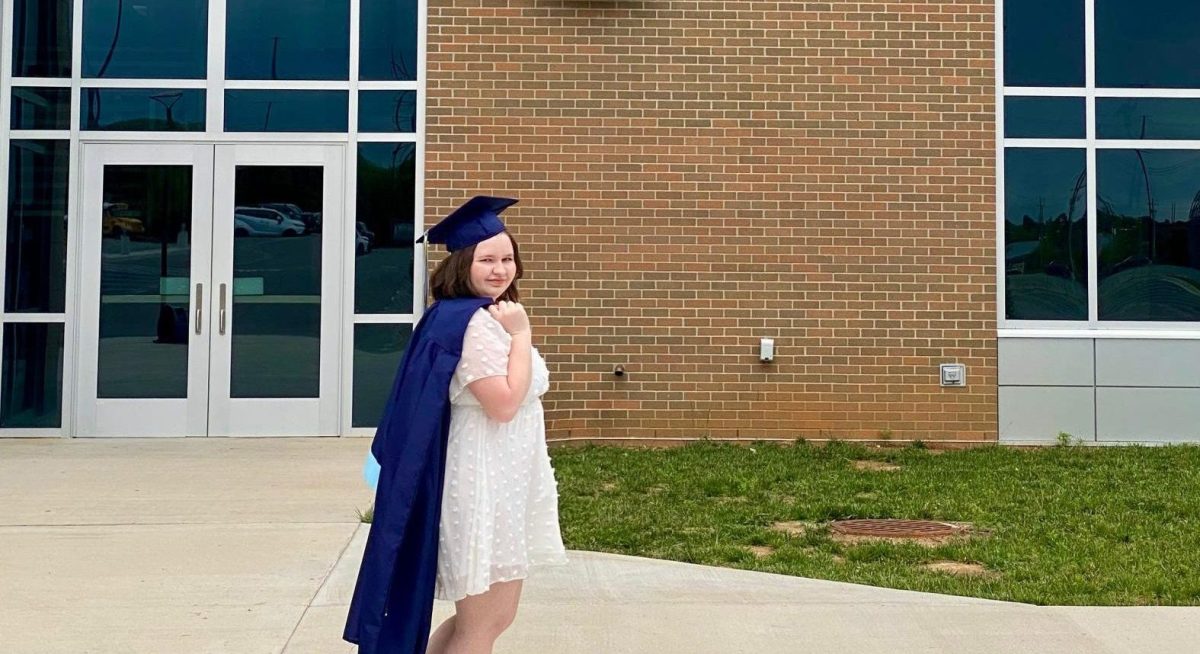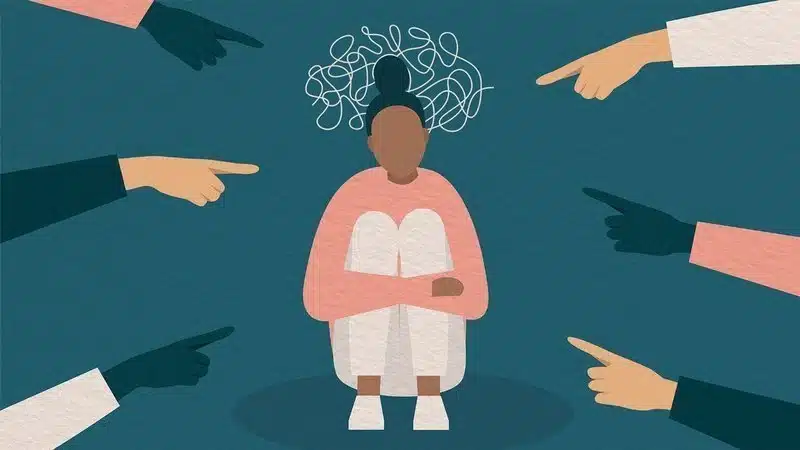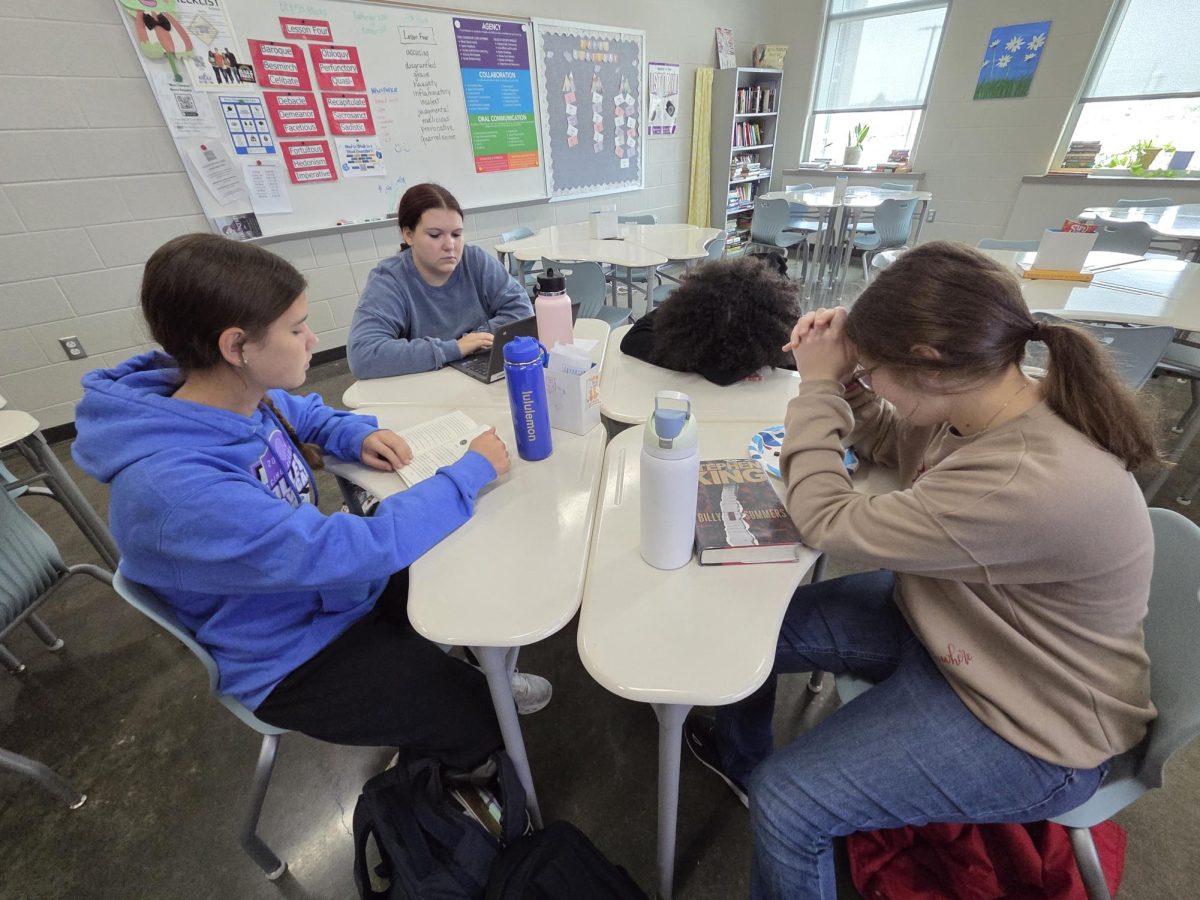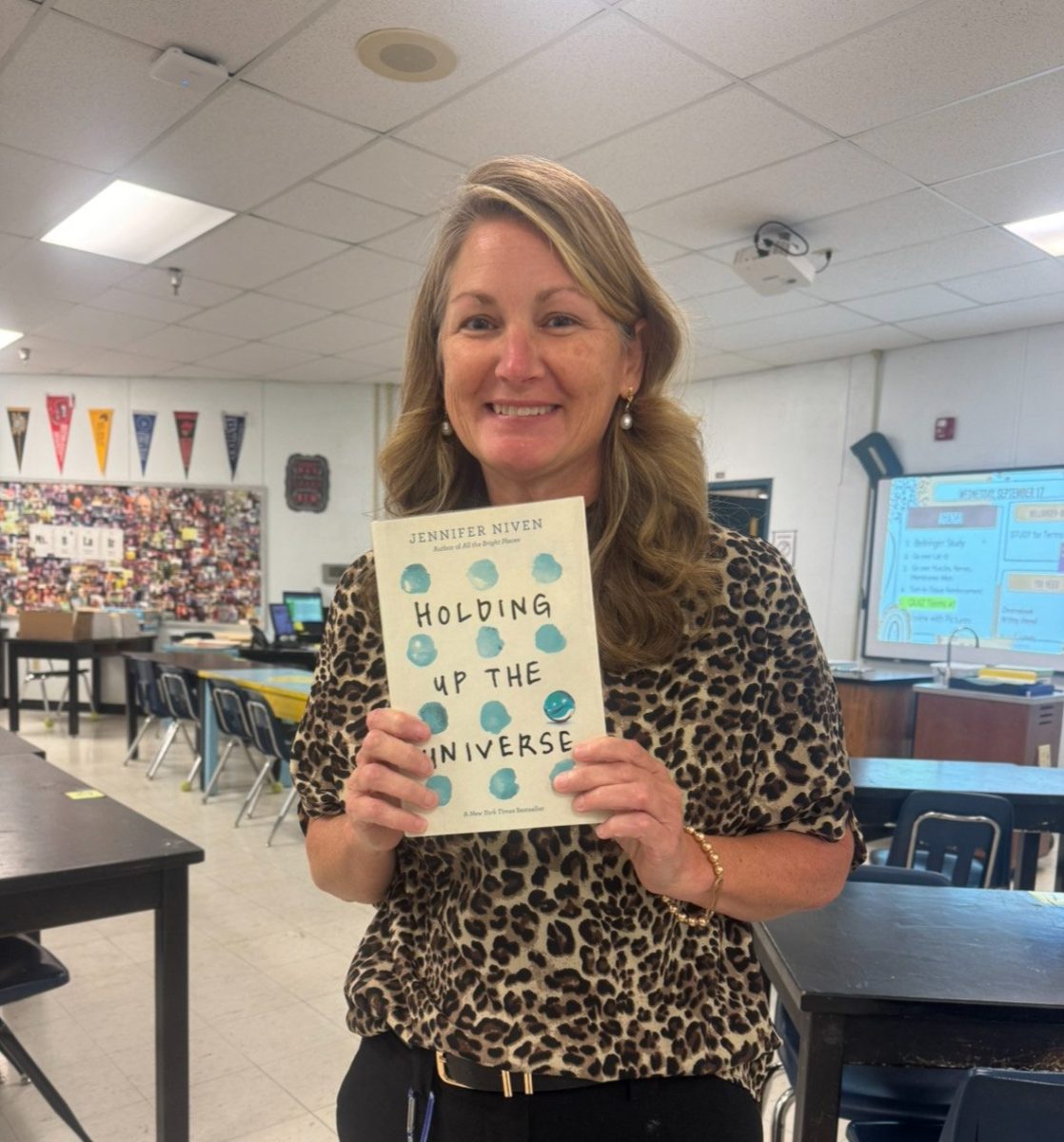Goodnight! Sleep tight– or not… In a recent Central Times survey with 114 respondents (97 students and 17 teachers), over 61.6% of students have said that they have fallen asleep in class, and when asked if they struggle with falling asleep, 50% of both students and teachers reported yes. Students and staff members not getting the right amount of sleep has been an ongoing problem across schools in America, but the question remains: Why? After reviewing survey responses and completing some research… Here’s what I found.
Background
Before diving into the multitude of reasons why both students and teachers have a battle with sleep deprivation, it’s important to first note how big of a problem this is across our country. According to John Hopskins Medicine, the average high school student needs about 9 ½ hours of sleep every night. However, most students in America get barely 8 hours. On the other hand, adults are supposed to get 7 hours, but unfortunately most teachers only get less than 6 hours of sleep.
Not only this, but insomnia seems to be a more apparent problem in the US as well. A study from the National Council of Aging has found that 30% of adults have insomnia symptoms, and it can feel so heavy for some that it affects the way they go about their day.
Surely this is more of an issue in other states, right? Could this actually be a problem in our school? Well, to a surprise for some, some of these results in comparison to Central Hardin are actually shockingly accurate. In our survey, 46.5% of students and teachers report receiving 7-8 hours of sleep, however, 33.3% said they only get 5-6 hours. The hunger for better sleep is likely a strong desire for many, but why is lacking sleep such a hassle in the first place?
The Issues With Getting Sleep/School Survey Results
As many can infer, there are multiple reasons why people struggle with sleep. According to our survey, the biggest reason why students don’t get a good amount of rest in Central is due to homework with its leading percentage at 29.6%. Homework keeping lots of students up at night can relate to other issues like procrastination, lots of workload, and poor time management skills.
The other results from the survey show that social media (26.1%), watching TV (13.9%), and a combination of working late and extracurricular activities (16.6%) also keep people from getting the proper amount of sleep time. Aside from these results, however, a few respondents brought light to another issue that also keeps people from getting sleep. Nine percent of students and staff said that things like stress, unwanted thoughts, and insomnia prevent them up at night too. The other few respondents responded with “other” (9.3%). Now that we know the variety of issues people deal with revolving their sleep schedule, it’s also interesting to note that the way people think about sleep can contribute a lot more to these sleep problems as well.
Different Perspectives on Sleep
As we know, the different ways people view the world can play an impact on a lot of their thoughts and actions. Do people’s viewpoints about their idea of sleep affect them more than they think?
Freshman Regan Kaster shares a popular opinion that sleep is absolutely vital for her. “I personally think that sleep is very very important,” Kaster wrote. “When I don’t get enough sleep, I can barely move or focus, and I normally end up having a migraine.”
While some may agree that sleep is absolutely essential to them, others find that they can function perfectly fine without sleep.
Senior Savannah Singleton shared her views relating to this. “While I do think sleep is important, I tend to function better without sleep,” Singleton said. “I can go days and weeks on end, without sleep and be perfectly fine.”
Others argue that sleep just depends on the person. Junior Sydney Rowser makes an interesting point regarding this perspective.
“Someone could be made right for night time, while another is made for the day time,” Rowser said. “My dad wakes and works better when he wakes up early in the morning (3-4 a.m.); however, my mom wakes and works better around noon”.
Tips on Better Getting Sleep
Despite how much sleep you get or what your views on sleep are, we simply cannot ignore the fact that sleep is still very important. In fact, it’s been proven that a lack of sleep has come with a variety of issues in life, as people with poor sleep habits have more chances of struggling with diabetes, heart disease, obesity, and cancer. Now, to avoid these problems in life, you may be thinking, What can I do about this? How can I get better sleep? Well, here are some helpful tips:
1. Stick to a sleep schedule
Going to bed around the same time every day helps both your brain and body with your circadian rhythm. When you’re consistent, your body likes it!
2. Create yourself a peaceful environment
This can look different for everyone. Whether you like a warm and quiet place to sleep, or a cool and light sounding place…it all depends on figuring out what works best for you.
3. Limit your daytime naps
Although we all like naps every once in a while, we must be aware of not taking too much or too long of naps throughout the day. This kind of relates to tip #1, as napping excessively can throw your body off rhythm when it’s actually time for you to go to bed at night.
4. Exercise
It’s recommended to get 30 minutes of physical activity every day to improve your overall health and sleep quality. This includes things like taking walks, going on a run, etc.
5. Look for some stress management tips
As stated before, being stressed out prevents a lot of people from getting a good night’s rest. For those of us who may struggle in this area, it’s recommended to do things before you fall asleep like taking deep breaths, journaling, listening to music, or reading something.
All in all, I hope you learned something and can take some of this information out and apply it to benefit your sleep health! I encourage you to all get some rest, so you can live in your brightest and fullest potential!


